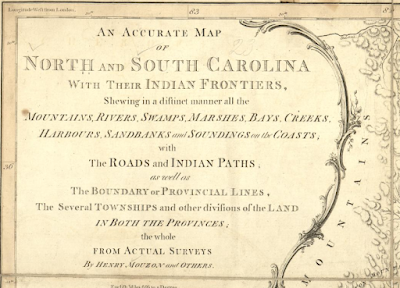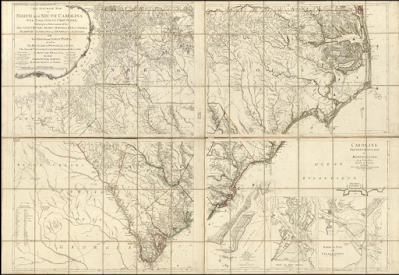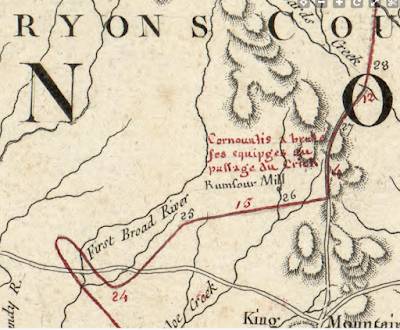September 2, 2023, from 10 a.m. to 3 p.m
The City of Raleigh Parks, Recreation and Cultural Resources Department announces a historic exhibit opening and a day of historical programming at the John P. “Top” Greene Community Center on September 2, 2023, from 10 a.m. to 3 p.m.
The exhibit, “Centuries in the Making: A Cultural Legacy of South Park and East Raleigh Neighborhoods” is a pilot exhibit developed in conjunction with the South Park East Raleigh Neighborhood Association which explores the people and places that made these unique African American neighborhoods for over 100 years. Historic lectures and programs will be presented throughout the day.
This event is free and open to the public. For more information contact the John P. “Top” Green Community Center at 919-831-6527. The John P. “Top” Greene Community Center is located at 401 Martin Luther King Jr. Blvd. in Raleigh.
See program details at this link
Tuesdays - September 5, 12, 19 and 26 or Saturdays - September 9, 16, 23 and 30
The City of Raleigh and the South Park East Raleigh Neighborhood Association (SPERNA) are offering free workshops to help the community find their African American roots.
The two workshops will be a series of classes held on Tuesdays and Saturdays in September by instructors who will teach residents basic genealogy skills while exploring online resources such as Ancestry and Freedmen's Bureau records. *Our own Saundra Cropps will partner with Wanda Cox Bailey on this series.
No experience is necessary. Ten residents who complete the four sessions will be awarded a donated refurbished chrome book. Workshop registration is limited, and registration is required. For more information contact the City of Raleigh Museum at 919-996-2220.
Session One - Tuesdays - September 5, 12, 19 and 26, 2:00 - 3:30 p.m., Register on RecLink
Session Two - Saturdays - September 9, 16, 23 and 30, 10:00 - 11:30 a.m., Register on RecLink
Visit Wake County Genealogical Society's Website - Homepage | WCGS Events | Join WCGS | Publications | Wake Cemetery Survey Images | Society Surnames | Digital Resources | History Resources | More Links and Resources | Contact














